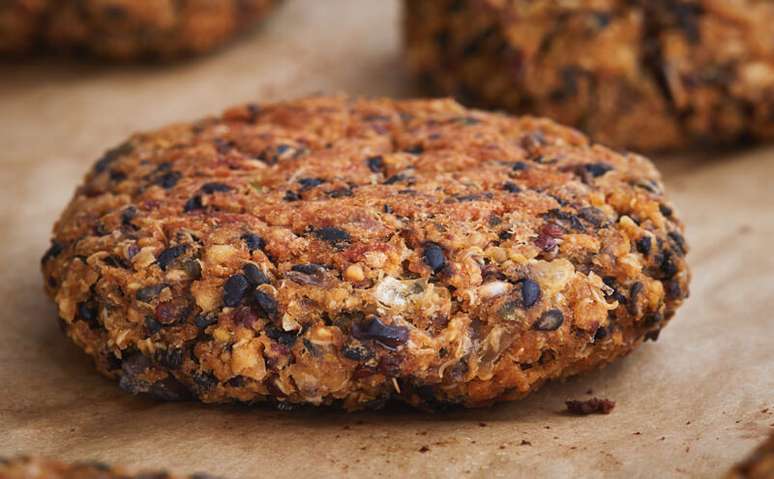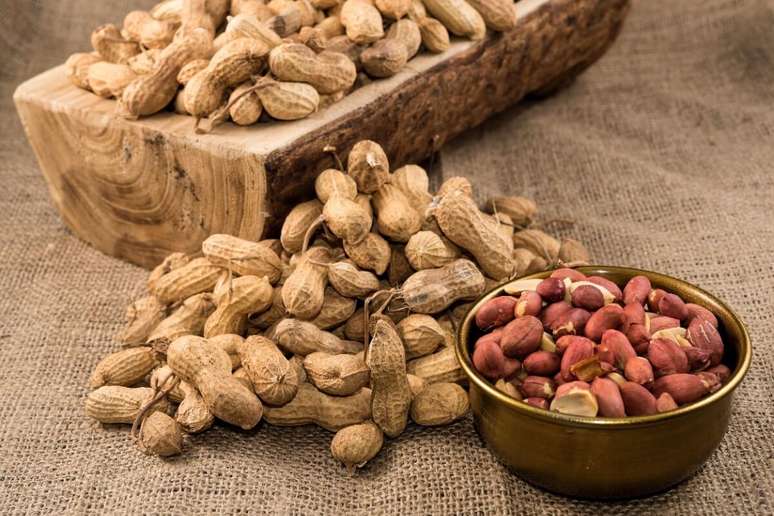If plant-based burgers are ultra-processed, how can they be healthier?
Vegetable meats have found their place in people’s diets. An estimated two out of five U.S. consumers report eating at least once a week. At the same time, shoppers have mixed opinions about whether plant-based burgers are healthy.
Experts tell us to eat a more plant-based diet, but they also tell us to avoid anything processed. Meat alternatives can fall into both categories, so are plant-based burgers healthy or unhealthy?
What is clear is that to reduce their impact on the climate, scientists agree that plant-based foods are a better alternative to beef and dairy and must make up the majority of what we eat to ensure a future livable. But veggie burger health is more of a gray area, and all because of the debate over what makes a food “processed,” let alone the new “ultra-processed” category.
Everything from canned tomatoes to baby carrots is technically “processed.” Many nutritionists are unanimous in considering ultra-processed foods as something to be avoided at all costs. Minimally processed foods can form the basis of a healthy diet, while the latter should only be eaten in small quantities. But are plant-based burgers ultra-processed and, more importantly, actually healthier?
Can processed foods be healthy?
Most people fear that processed foods cannot be part of a healthy diet, yet at the same time most of what we eat falls into this category.
The problem is that “elaborate” is a rather meaningless definition. It includes virtually everything that changes a food’s natural form, including cutting, cleaning, cooking, canning, freezing, pasteurizing, drying, dehydrating, blending, and packaging.
Most experts can point to a range of minimally processed plant-based foods, like canned beans and rolled oats, for example. Some nutrition experts also argue that unsweetened soy milk, soy yogurt, and other nutritious dairy alternatives should also be considered “minimally processed.”
More than a decade ago, a team of researchers developed what’s called the NOVA food classification system to distinguish between different types of processed foods and single out a food category called “ultra-processed.” These foods are particularly unhealthy due to their high levels of added sugars and fats.
What are ultra-processed foods anyway?
Ultra-processed foods have been modified in ways that make it impossible to discern the original whole foods that were used. The most common ingredients in ultra-processed foods are fats, starches and sugars derived from high-yielding plants such as corn, wheat, sugar cane or sugar beets, soybeans, as well as animal-derived ingredients from crowded factory farms. Ultra-processed foods also often contain additives intended to improve their taste, appearance, texture and shelf life.
The list of ultra-processed foods, both of plant and non-vegetable origin, is incredibly long. It includes soft drinks, candy, packaged breads and pastries, sugary breakfast cereals, sausages, bacon, and sugary, fatty, and salty snacks, whether it’s a plant-based snack or a meat-based pork rind.
Are veggie burgers ultra-processed?
Plant-based meat and dairy alternatives come in many different forms, so it doesn’t make sense to classify them all as one thing or another, despite some health researchers grouping them as “ultra-processed.”
Foods like soy milk, tofu and bean patties are minimally processed and have only a few ingredients. Other burgers and plant-based meats, meanwhile, have a much longer ingredient list, such as soy or pea protein, salt, fat, sugar, artificial flavors, preservatives and other additives. It’s likely that because of these ingredients, the NOVA researchers classified plant-based burgers as “ultra-processed.”
However, these same researchers did not clarify whether tofu and tempeh (fermented foods) should be considered “minimally processed.” The Heart and Stroke Foundation of Canada also places tofu in this category, noting that processing has no adverse health effects.
There is research questioning the generic “ultra-processed” classification for plant-based alternatives. When comparing milk and beef to soy milk and plant-based burgers, it turns out that the plant-based alternatives contain similar nutrients, fewer calories, and even some fiber.
Additionally, a recent study suggests that replacing red or processed meat, which carries its own health risks, with meat alternatives doesn’t cause many of the concerns associated with ultra-processed foods. Yes, it’s a small study (only 36 people), but one of the few that has looked into this question. Researchers found that those who switched from meat to meat alternatives for eight weeks reported no negative health impacts and even lost some weight. And they had lower LDL cholesterol numbers.
The bottom line is that replacing beef with plant-based burger brands means you’re getting similar nutrients, for better or for worse. Yes, lentils are healthier, but these veggie burgers may be a necessary compromise to help society eat much less meat.
First published in April 2023 via Sentient media and republished with permission.
Source: Terra
Ben Stock is a lifestyle journalist and author at Gossipify. He writes about topics such as health, wellness, travel, food and home decor. He provides practical advice and inspiration to improve well-being, keeps readers up to date with latest lifestyle news and trends, known for his engaging writing style, in-depth analysis and unique perspectives.








